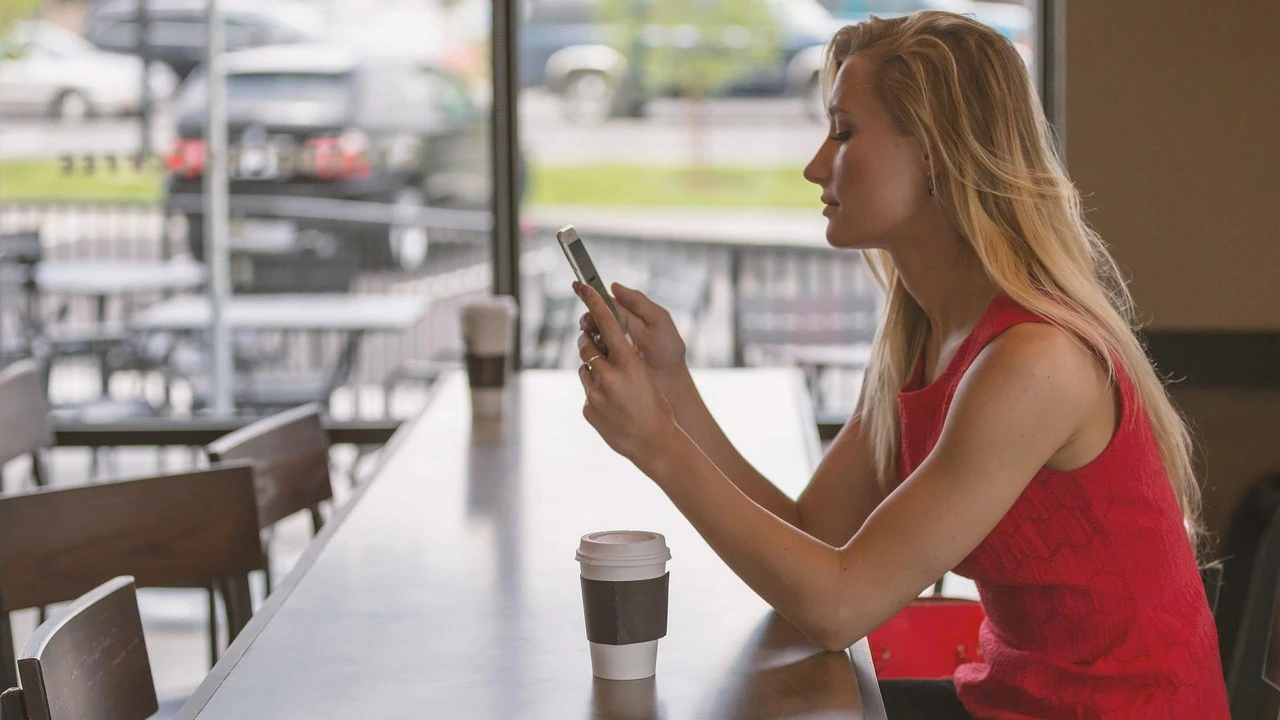— Researched and written by Dr. Sandip Roy.
“Man is by nature a social animal,” said Aristotle. Some 2300 years later, research into happiness reveals indeed that’s what we are — social creatures.
We feel easier and happier being around people we relate to – parents, siblings, spouses, classmates, colleagues, our religious brethren, fellow travelers, real-life friends, Facebook friends, and perhaps even that gentle stranger.
We need friends. They make us feel safe, cared for, accepted, and understood. We feel better when we are around them. But, do our Facebook friends make us happier?
Table of Contents
Why do we need relationships?
We need relationships because they give meaning to our lives. We need other people around us to thrive more than to stay alive. What begins as a biological necessity seeps down into the meaningfulness of our lives.
Relationships grant us safe spaces — spaces where we know we belong, get cared for, are listened to, and are protected. Spaces that have people who accept our presence, shoo away our fears, and multiply our joys.
Our friends are perhaps the most vital social relationships we can ever have.

Research says the more connections we have, the happier we are. So, can having many Facebook friends make us big-time happy?
Do your Facebook friends reduce your happiness?
Does Facebook make you sad and depressed?
Now, some of our loved friends exist only within an online world. Most of them live on Facebook. We do not go to their homes. Nor do we sit across the table to share a coffee with them. We never get to tap their shoulders or shake their hands.
But, somehow, we became a part of their lives, and they were ours. We feel sad in their sorrows and joy in their achievements.
Even when we know we will never meet them outside that virtual world.
Mostly, our online friends outnumber our real-world friends. Sometimes, they are much more over than possible in the normal world. The question wiggles out of that crack.
Are you suffering from Facebook depression? Is Facebook depression even a real thing?
There have been many studies on the effect of online social networks on our happiness, and there have been widely differing results. However, the crucial issue under investigation in all these studies is this: Does the use of Facebook make you depressed and unhappy? Is your Facebook friend taking away your happiness?
Do online friends deliver offline happiness?
We explore three standpoints here, each backed by adequate scientific data: That Facebook can…
1. Facebook Creates Envy And Jealousy
In a 2012 American Psychological Association article, Anderson, Fagan, and others reviewed about 75 studies and pointed out several things related to SNS (Social Networking Services):
• “Facebook also has the potential to create real-world problems…, for example, site use can lead to increased jealousy, suspicion, and/or obsessive behavior, as a result of opportunities it provides users to access…information about their partner that otherwise would not have been accessible.” (Muise et al., 2009)
• “We demonstrate that passive following exacerbates feelings of envy, which decreases life satisfaction. From a provider’s perspective, our findings signal that users frequently perceive Facebook as a stressful environment, which may, in the long run, endanger platform sustainability.” (Krasnova et al., 2013)
• “While positive feedback given via social networks can boost self-esteem, for negative comments the opposite can be true.” (Valkenburg et al., 2006)
• “Those with moderately high numbers of friends are perceived by others to be significantly more extraverted than those with few friends.” (Tom Tong et al., 2008)
The burden of envy on Facebook due to social comparisons can lead to depression.
Facebook can cause jealousy, envy, suspicion, and obsessive behavior. Find out how you can overcome your Facebook envy.
2. Facebook Makes Us Unhappy And Lonely
A University of Michigan study by psychologist Ethan Kross, published in the journal PLOS One, found that increasing the use of Facebook led to a decline in moment-to-moment happiness and overall life satisfaction among college-aged adults.
However, there were admittedly a few caveats to the study. There were only 82 participants, and the effects were relatively small.
The University of Michigan noted:
People were not more likely to use Facebook when they felt bad. In addition, although people were more likely to use Facebook when they were lonely, loneliness and Facebook use both independently predicted how happy participants subsequently felt.
So, once again, Facebook may lead to depression among its most ardent users.

3. Facebook Increases Both Happiness And Sadness
We have quite a few studies supporting this, but we take up two:
- “It may be noted that those who feel lonely, because they lack close ties in the real world, could benefit from the ready-made support network provided by the Facebook pool.” (Bargh & McKenna, 2004)
- The next report comes from perhaps the largest study ever on the relationship between Facebook and happiness. A paper published in the Proceedings of the National Academy of Sciences revealed that Facebook knowingly tweaked the algorithm to manipulate the news feeds of almost 700,000 users in a study to test “emotional contagion through social networks.” They fed some of those with neutral to happy feeds from their friends, while they showed others neutral to sad feeds. The researchers wanted to know whether reducing the number of visible positive news feeds made people less likely to post positive content on their page. Analyzing data from 100 million Facebook users who posted nearly 1 billion updates between 2009 and 2012, James H. Fowler and his team showed every emotion expressed online seeded 1 to 2 additional messages on the network expressing similar emotions. It meant the feeling was getting passed along. They concluded, “With data from millions of Facebook users, we show…that online social networks may magnify the intensity of global emotional synchrony.”
This large-scale study has a counterpoint that Facebook may help spread depression among its groups. Rather, it may have just the opposite effect.
Final Words
So, did Facebook raise your happiness today?
If it did, should you ‘confirm’ more friend requests from strangers? By the way, did you know you could hide your Facebook friend list from strangers?
Or did Facebook take away some of your peace and make you less happy?
If it did, can you ask Facebook to refund your cheer? Will they ever have a refund offer on happiness discounted by your timeline friends?
Real friends are irreplaceable.
We cannot replace our real friends with our online friends. It is okay to have a few thousand friends on your social networks. But have at least 2 or 3 real-world authentic friends. Despite all its negative effects, Facebook cannot make us desperately lonely or hopelessly unhappy unless we let go of our real-world friends.
Often we are too busy interacting with our online friends while sitting right next to our real friends. That is the plight of our times.
Watch in the video below Gary Turk talking about the mobile habits of our times, who says, “It’s about making sure you are awake, alive and living life in the moment; instead of living your life through a screen.”
√ Please share it with someone if you found this helpful.
√ Also Read: Three Good Things – The Shortest Guide To What Went Well
• Our Story!